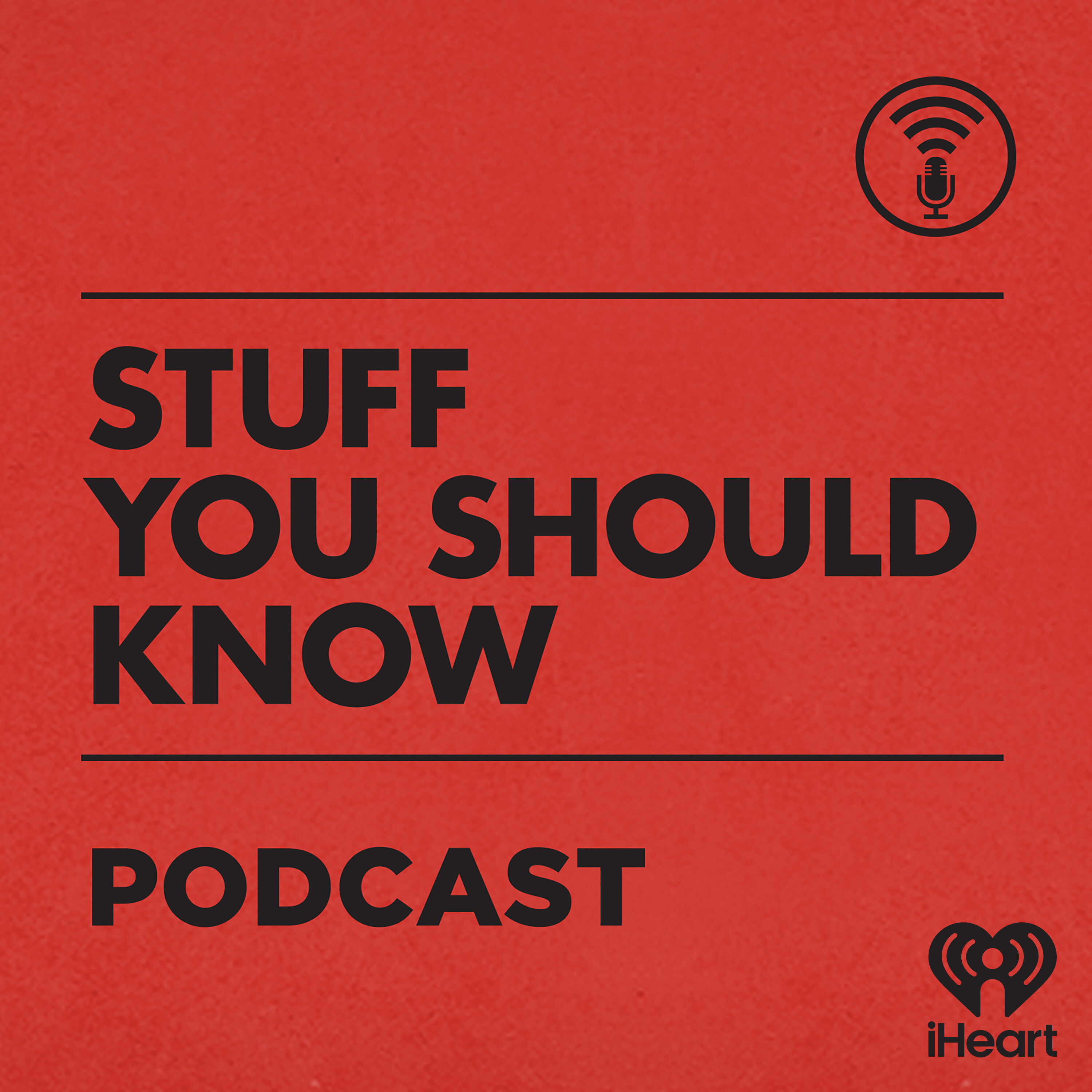Chapter

The Unfortunate End of Pliny the Elder in Pompeii
Pliny the Elder, a naturalist, and philosopher, met his end while attempting to rescue his friends from the eruption of Mount Vesuvius in Pompeii. The widely-held belief was that those in Pompeii perished due to the ash and debris from the explosion, but new studies show that they died more swiftly due to high temperatures from pyroclastic flow.
Clips
A discussion about the eruption of Mount Vesuvius which led to the destruction of the city of Pompeii in 79 AD, including how the eruption occurred and how it impacted the people living in the area.
25:00 - 26:53 (01:52)
Summary
A discussion about the eruption of Mount Vesuvius which led to the destruction of the city of Pompeii in 79 AD, including how the eruption occurred and how it impacted the people living in the area.
ChapterThe Unfortunate End of Pliny the Elder in Pompeii
EpisodeSelects: How Pompeii Worked
PodcastStuff You Should Know
The pyroclastic flow that destroyed Pompeii and Herculaneum occurred over the course of about 25 hours, and shot out approximately one cubic mile of rock and ash from the volcano.
26:53 - 28:15 (01:21)
Summary
The pyroclastic flow that destroyed Pompeii and Herculaneum occurred over the course of about 25 hours, and shot out approximately one cubic mile of rock and ash from the volcano. The people at the time likely thought it was the end of the world.
ChapterThe Unfortunate End of Pliny the Elder in Pompeii
EpisodeSelects: How Pompeii Worked
PodcastStuff You Should Know
Pliny the Elder, a Roman author and naval commander, attempted to rescue his friends during the eruption of Mount Vesuvius, but unfortunately perished due to the adverse weather conditions and lightness of his boat.
28:15 - 30:41 (02:25)
Summary
Pliny the Elder, a Roman author and naval commander, attempted to rescue his friends during the eruption of Mount Vesuvius, but unfortunately perished due to the adverse weather conditions and lightness of his boat.